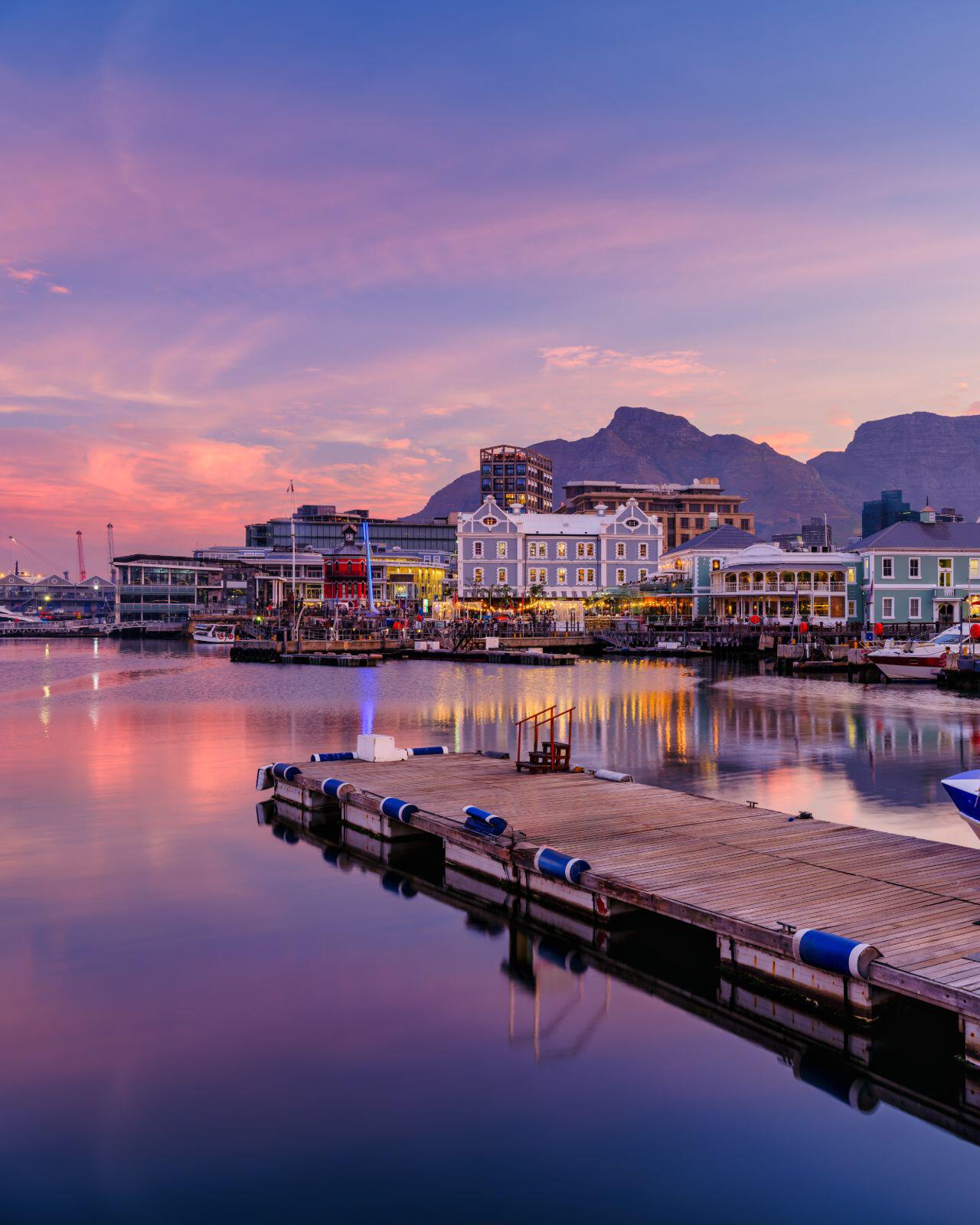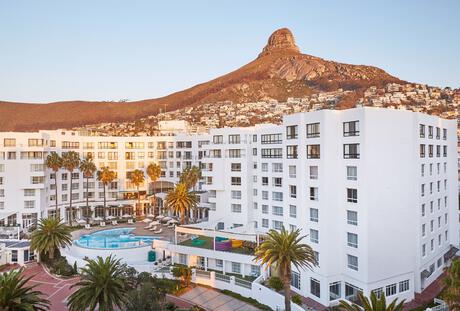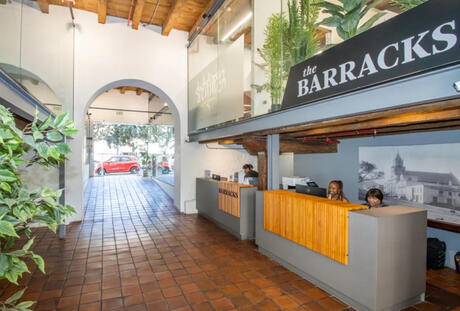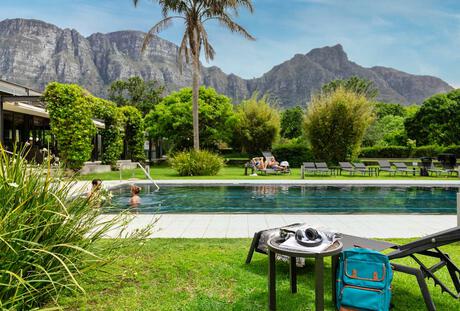Language evolves - and just like the best journeys, it doesn’t always follow a straight line.
In this guide, we use terms like LGBTQIA+, queer, gay, lesbian, transgender, intersex, asexual and more. These reflect the language that felt inclusive, accessible, and widely understood at the time we put pen to paper (or fingers to keyboard).
We often use “queer” as a shorthand - a word that’s been proudly reclaimed by many, though we know it won’t resonate with everyone. The same goes for LGBTQIA+: used as a broad umbrella term, not exclusive one. Where it feels important, we’ve used more specific labels - in hopes of reflecting the richness and diversity of the community and shared experiences.
We know the language of identity is personal, political, and constantly evolving. This isn’t a dictionary - and it’s certainly not the final word. We simply hope this guide speaks with clarity, compassion, and respect.

















